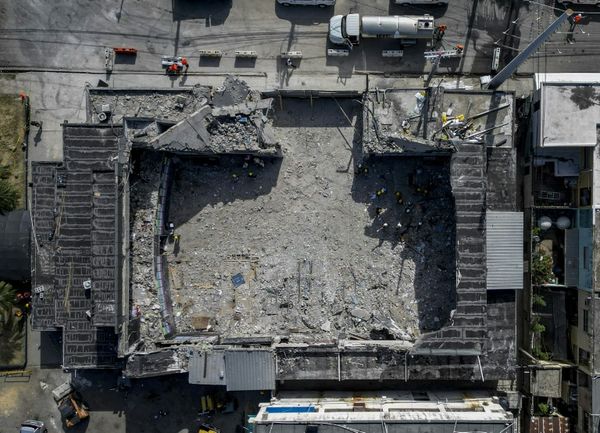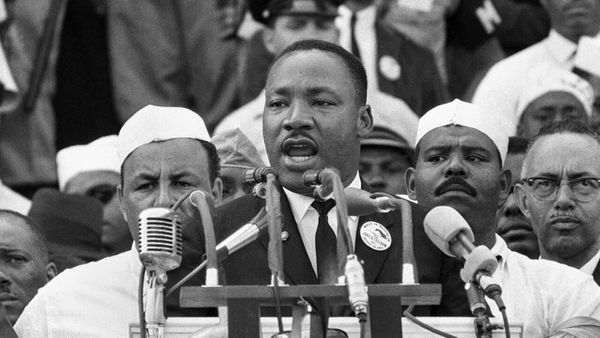
- President-elect Trump’s latest Bitcoin play is a proposed national reserve of the cryptocurrency, but one critic said the plan could be viewed as pandering to special-interest campaign contributors from the crypto industry.
President-elect Donald Trump’s plan to create a strategic Bitcoin reserve has drawn criticism from former Treasury Secretary Larry Summers.
Summers, who as treasury secretary in the Clinton administration oversaw the U.S. national gold reserve, said in an interview with Bloomberg TV that the idea of creating a national Bitcoin reserve, akin to that of gold or oil, is “crazy,” and would serve no clear purpose.
“This idea that we should have some kind of national Bitcoin reserve is crazy,” Summers said.
While Summers said he understood the need to stockpile other resources like gold and oil, he portrayed Bitcoin as “sterile inventory” and Trump’s proposal for a strategic Bitcoin reserve as merely political.
“There’s no reason to do that other than to pander to generous special-interest campaign contributors,” he added.
At a Bitcoin conference in July, Trump promised to dismiss crypto-skeptical Securities and Exchange Commission Chairman Gary Gensler. Trump then proposed the idea of a national Bitcoin reserve, telling attendees to “never sell your Bitcoin.” Crypto-friendly Sen. Cynthia Lummis (R-Wyo.) has introduced a bill to establish a Bitcoin reserve that, if passed, would see the government purchase 1 million of the digital tokens, or about 5% of the global supply, over five years. As of Monday, a reserve of 1 million Bitcoins would be valued at just under $100 billion.
Proponents of creating a national Bitcoin reserve argue that doing so could help reduce the U.S. national debt without raising taxes and could strengthen the dollar by diversifying U.S. government holdings. Trump has said the U.S. should create a national reserve of the asset to counter geopolitical rivals.
“If we don’t do it, China and others are going to be doing it,” Trump said at the Bitcoin rally in July.
Investor optimism about Trump’s friendliness toward crypto, despite past criticism, helped push the price of Bitcoin above $100,000 last week. Super PACs tied to the crypto industry donated millions to Trump’s presidential campaign and led the effort to elect pro-crypto lawmakers.
To help guide crypto policy in his administration, Trump has said he will create a crypto advisory council, and execs from some of the country’s biggest crypto companies are reportedly vying for a seat at the table. Last week, Trump tapped venture capitalist David Sacks as his White House AI and crypto czar, and tasked him with creating “a legal framework” for the crypto industry.
Skeptics of the Bitcoin reserve plan say that using tax dollars to buy a volatile asset such as Bitcoin could put the government and U.S. citizens at risk. One critic, Peter Schiff, the CEO and chief global strategist of Euro Pacific Precious Metals, who is known for predicting the 2008 financial crisis, has said getting the government involved with Bitcoin could lead to a chain reaction of buying that could ultimately crash the value of the dollar.
“Of course, a reserve of something you can never sell and must continuously buy is worthless as a reserve. To maintain the pretense that its Bitcoin reserve has actual value, the U.S. government would be forced to keep buying, destroying the value of the dollar in the process,” Schiff wrote in a post on X.







